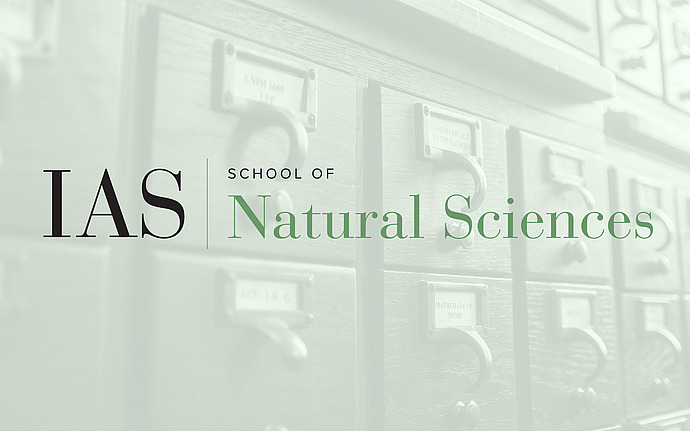
Princeton University Thunch Talk
Tilted Planets: Exciting Exoplanetary Obliquities via Spin-Orbit Resonances
The obliquity of a planet, the tilt between its spin and orbital axes, reflects the evolutionary history of the planet. In our own Solar System, the 98 degree obliquity of Uranus is hypothesized to be the result of giant impacts during its formation, and the 4 and 26 degree obliquities of Jupiter and Saturn are thought to be the result of spin-orbit resonances due to the gravitational influence of Uranus and Neptune respectively. While there have been few direct constraints on the obliquities of sub-stellar-mass objects beyond our Solar System, there are prospects for better constraints on exoplanetary obliquities in the coming years. Such measurements are important for informing the surface conditions and potential habitability of exoplanets. In this talk, I will describe some mechanisms by which exoplanetary obliquities can be excited due to the rich dynamics resulting from the interaction between tides and spin-orbit resonances. I will use these results to assess the prospects of substantially oblique exoplanets in a few important systems of interest. I will also discuss my results on the spin evolution in dynamically-formed binary black hole mergers, which appear similar in many ways to the planetary dynamics.